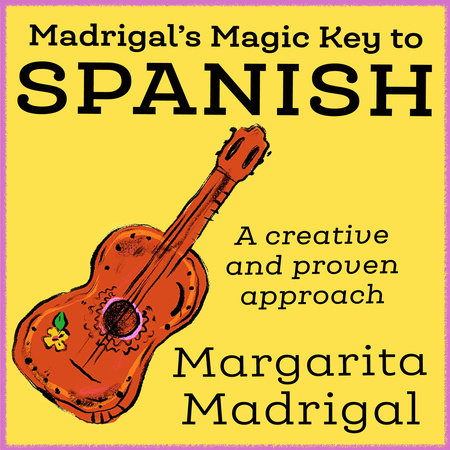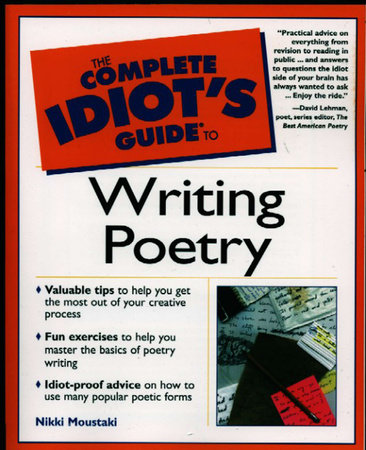

The Complete Idiot's Guide to Writing Poetry
By Nikki Moustaki
By Nikki Moustaki
Category: Reference | Poetry | Literary Criticism

-
Apr 01, 2001 | ISBN 9781440695636
YOU MAY ALSO LIKE
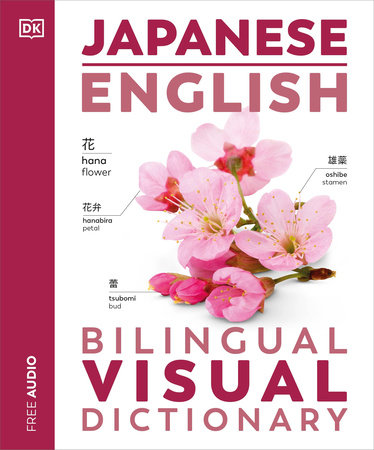
Japanese – English Bilingual Visual Dictionary
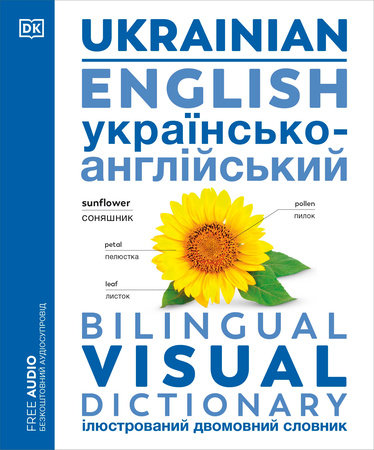
Ukrainian – English Bilingual Visual Dictionary
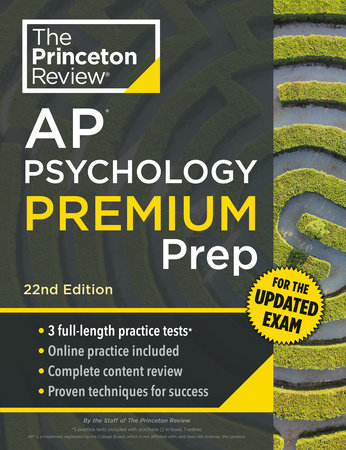
Princeton Review AP Psychology Premium Prep, 22nd Edition

Mandarin Chinese – English Bilingual Visual Dictionary
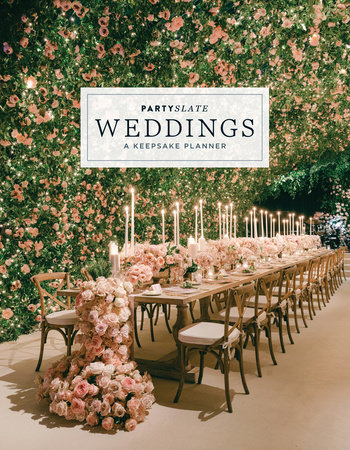
PartySlate Weddings

Arabic – English Bilingual Visual Dictionary
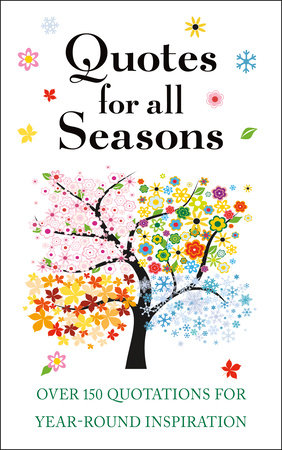
Quotes for All Seasons
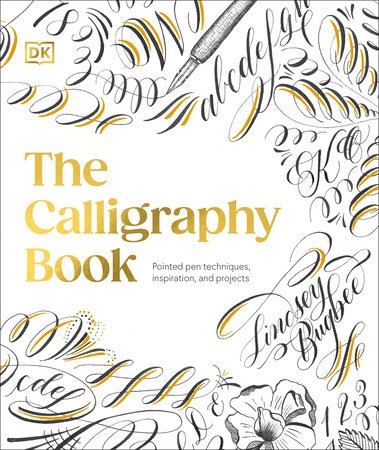
The Calligraphy Book
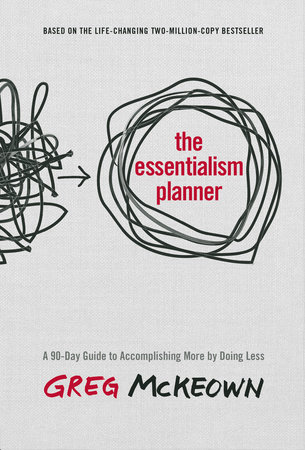
The Essentialism Planner
Table Of Contents
I. WHAT IS POETRY AND HOW DO I WRITE.
1. What Is Poetry and How Do I Begin to Write?
Where Does Poetry Come From? Reading and Writing. What Is a Poet? Do You Have to Have Talent to Write Poetry? Why Write Poems? Uses for a Poem. Exercises.
2. Exposing Poetry’s Bones: What Poetry Is Made Of.
Rivets and Beams. Nuts ‘n’ Bolts. Content (What Are You Going to Write About?). Basic Types of Poems. How Do I Put All These Things Together? Exercises.
3. Getting Started (and Over the Fear of Starting!): The Poetic Process.
The Poet’s Toolbox. The Blank Page. Great Openings. How to Know If What You Are Writing Is “Good”. Exercises.
4. All Your Words Fit to Print (and Some That Aren’t!): Keeping Journals.
What Is Journaling? Types of Journals. The Short Course in Journaling. Extracting Poems from Your Journals. A Poem a Day. Exercises.
II. OPENING THE STANZA’S DOOR: ENTERING POETRY.
5. Painting with Words: Imagery.
No Ideas but in Things. The Five Senses. Painting with Words: How to Create an Image. Exercises.
6. Metaphorically Speaking.
Metaphor. When Good Metaphors Go Bad: Mixed Metaphor. How to Create a Metaphor. Exercises for the Metaphorically Impaired.
7. Repetition, Repetition, Repetition.
Repeating Words. Repeating Phrases and Refrains. Beginning and Ending Repetition. Anaphora. Image and Symbol Repetition. Syntactical Repetition. Metrical Repetition. Sonic Repetition. Exercises.
8. The Sound of Music.
The Music of Poetry. Rhyme. Rhyme Scheme. Alliteration, Assonance, and Consonance. Tone, Voice, and Diction. Meter. Exercises.
9. You’ve Got Rhythm: Metrical Poetry.
Why Poets Use Meter. What Is Meter? Blank Verse. Accentual and Syllabic Meter. Exercises.
III. POPULAR TYPES OF POEMS AND HOW TO WRITE THEM.
10. Tell Me a Story: Narrative Poetry.
Cause and Effect. Who’s the Speaker? Point of View. Dialogue. The Ballad. Exercises.
11. Love and the Great Beyond.
Wooing 101: Love Poems. Death and Grieving. Exercises.
12. The Three Faces of Eve: Persona Poems and Letter Poems.
Persona Poems. The Epistle Poem. Exercises.
13. Spellbinding!: List Poems and Rituals.
Starting with a List…. Rituals. Exercises.
14. Some Fun Fixed Forms.
Sonnets. Villanelle. Sestina. Canzone. Pantoum. Ghazal. Haiku and Tanka. Poems to Dance By. Triolet. Exercises.
15. More Fun Forms.
Acrostic. Ars Poetica. Aubade. Cento. Concrete Poetry and Calligrams. Found Poems. Light Verse. Ode. Pastoral. Prose Poem. Other Fun Forms to Try. Exercises.
IV. POETRY AND PRACTICALITY.
16. Cursed Be He Who Stirs My Bones!: Avoiding Poetry Pitfalls.
Using Poetic Conventions. Language Problems. Lack of Focus. Punctuation Problems. Grammar in a Poem? Telling, Not Showing. Musical Matters. Subject Matter Matters. Exercises.
17. How Do You Get to Carnegie Hall?: Revision, Revision, Revision.
Revise Away! Murdering Your Darlings. Why Revise? When Good Poems Go Bad: The Quick Fix. Enough Is Just Enough. The Death of a Poem. A Sample Revision. Exercises.
18. To Slam or Not To Slam?: Reading Your Poetry in Public.
Why Should I Read Poetry in Public? Where to Read. What to Expect at a Reading. Audience Etiquette. Reader Etiquette. Slamming and the Spoken Word. Writing for Listeners. Starting a Reading Series or a Slam. Exercises.
19. Writing in a Vacuum: Workshops, Colonies, Conferences.
What Is a Poetry “Workshop”? Starting a Workshop. Finding Mr. or Mrs. Critic “Right”. Writers’ Conferences. Writers’ Colonies. The Creative Writing Degree. Exercises.
20. Your Name in Print: Getting Published.
Why Do You Want to Be Published? How to Get Your Poems Published. Paying for Publication. Organizing Your Submissions. An Insider Look at the Acceptance/Rejection Process. Rejection…and More Rejection. The Big Day: Publication! Contests. A First Book. What a Tangled Web We Weave. Exercises.
21. Pen Out of Ink?: Beating Writer’s Block.
Exercise #1: I Gotta Use Words When I Talk to You: From Diann Blakely. Exercise #2: A Rose Is Not a Rosa: From Richard Blanco. Exercise #3: About the Author: From Catherine Bowman. Exercise #4: The Swing Shift Blues: From Richard Cecil. Exercise #5: Obsessive Definitions: From Denise Duhamel. Exercise #6: The Day the Pleasure Factory Broke Down: From Stephen Dunn. Exercise #7: Clustering: From Lola Haskins. Exercise #8: Poetic Dialogue: From Dean Kostos. Exercise #9: The Best and the Worst: From David Lehman. Exercise #10: What’s in a Name?: From Lyn Lifshin. Exercise #11: Graphing Your Life: From Campbell McGrath. Exercise #12: Not This, Not This, …but That: From David Rivard. Exercise #13: Detail Scavenger Hunt: From Maureen Seaton. Exercise #14: Two Exercises: From Reginald Shepherd. Exercise #15: Bedroom Catalogue: From Maura Stanton. One Exercise: From Charles Harper Webb. Exercises.
22. Poetry Appreciation 101.
Appreciating a Poem. Exercises.
23. Writing Poetry FAQs: Most Frequently Asked Questions.
What Is Poetic License? Why Does Poetry Have So Many Rules? Do I Have to Capitalize the Beginning Word of Each Line in My Poem? Why Do Some Poets Shorten Words, as in O’ercast, E’er, ‘Mong, ‘Twould, ‘Twas, Etc.—You Get the Point. Someone Told Me I Shouldn’t Use Thee, Thy, Dost, and Other Words Like Them. Why Not? Where Should I Break My Lines? Can’t I Just Break Them Anywhere I Want? What Do I Do If a Line in My Poem Is Too Long and Runs Over onto the Next Line? How Do I Title My Poems? Do I Have to Use Stanzas in My Poems? I Had an Idea for a Poem but Then I Found Out That Someone Else Wrote One with the Same Subject Matter. Can I Still Write It? What Does It Mean When a Poet Writes a Poem After Another Poet? I’m a Free Spirit and I Just Want to Express My Feelings, So Why Do I Have to Know Anything About Meter or Form? Aren’t Those Things Passé Anyway? I Want to Try Writing Some Fixed Forms. Do I Have to Adhere Strictly to the Form, or Can I Play Around with It a Bit? If I Do, Is It Still a Formal Poem? Does Anyone Still Take Rhyme Seriously? Can I Use Modern-Sounding Details (Cell Phone, Coke Can, E-Mail) in a Poem and Still Have It Be Considered a Serious Poem? I Feel Very Misunderstood by My Workshop. They Just Don’t “Get” What I’m Trying to Do. Should I Try to Find a New Workshop or Quit Trying the “Group Thing” Altogether? Isn’t Poetry Just About Creating Something Beautiful? Making Beauty out of the Language? Do I Have to Copyright My Poems? How Do I Get a Book of Poems Published? If I Keep Writing Poetry, Will I Be “Discovered”? I’ve Never Shown My Poems to Anyone Else Before and I’m Afraid To—but I Want Some Feedback—What Should I Do?
V. APPENDIXES.
Appendix A. Glossary of Poetic Terms.
Appendix B. Resources.
Index.
21 Books You’ve Been Meaning to Read
Just for joining you’ll get personalized recommendations on your dashboard daily and features only for members.
Find Out More Join Now Sign In






